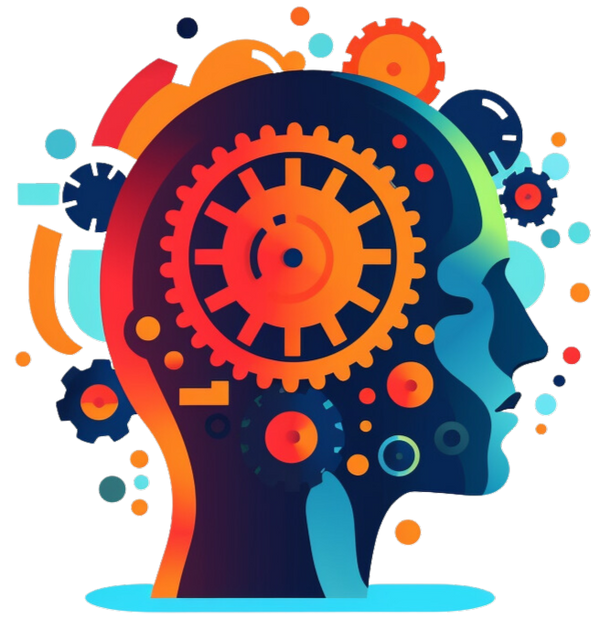
Preferably invisible: What people with ADHD are ashamed of
Share
Shame rather than pride characterizes the everyday lives of many people with ADHD. Inattention, nervousness, and impulsiveness take their toll. Here are 5 common weaknesses we'd rather hide.
It's actually an irony of fate: people with ADHD, who often stand out to neurotypicals because of their directness, authenticity and curiosity, hide "under a mask" in many situations.
Reasons for social masking in ADHD
Seeking social acceptance: A central motivation is the desire to be accepted. Disclosing ADHD symptoms can lead to stigma, and many fear being negatively judged or excluded.

Workplace demands: In work environments, it may seem necessary to conceal symptoms in order to be seen as capable and reliable. Openly addressing ADHD-related challenges can have undesirable consequences.
Personal expectations and self-esteem: Internalized expectations often lead people with ADHD to conceal their symptoms. Especially with previous negative experiences with openness, they tend to avoid admitting their difficulties to themselves and others in an effort to meet both their own expectations and those of others.

5 weaknesses that lead to shame in ADHD
Here are five typical things that people with ADHD are often ashamed of:
Organizational difficulties: Many people with ADHD have difficulty staying organized. They frequently misplace items, forget appointments, or have trouble managing their time effectively. These organizational difficulties can lead to feelings of failure and inadequacy.
Although passion for the subject and personal skill can easily compensate for this weakness, it remains a noticeable "eyesore" that can unexpectedly surface in the rush of everyday life. For example, when dates or the correct day of the week are confused. The judgment of those around you is then almost immediate. True to the motto "Well, if they don't know THIS, how are they supposed to handle THAT..." (incidentally, a clumsy logical error, "pars pro toto").

High impulsivity: Impulsive behavior is a common feature of ADHD. Those affected may have difficulty controlling their reactions or expressions, sometimes leading to inappropriate comments or decisions.
Fear of social missteps can contribute to feelings of shame. These, in turn, encourage social withdrawal and "people-pleasing," behavior in which one tries to "please everyone" as much as possible, just to avoid attracting negative attention again. This often leads to neglecting one's own needs – and it may even be perceived as socially inappropriate ("As friendly as he is, there's something wrong with him...").
Concentration problems: People with ADHD typically have difficulty maintaining attention, especially on tasks they perceive as undemanding and/or meaningless. These concentration difficulties can lead to problems at work, school, or with everyday tasks, and can affect self-esteem.
Very urgent tasks or matters of vital interest, on the other hand, are often tackled with unparalleled verve. Because only in these situations do certain areas of the brain associated with executive functions "fire."

Emotional instability: Some people with ADHD experience strong emotional reactions and mood swings. These can be perceived as overreactions to everyday events, be embarrassing, and lead to a feeling of inability to control their own emotions. The person with ADHD is then perceived as "choleric," "oversensitive," or "diva." However, in everyday life, they simply have much more difficulty avoiding a fight, flight, or freeze response when experiencing strong emotions. The inhibition of impulses by areas in the frontal lobe is thus permanently impaired.
Difficulty completing tasks: Many people with ADHD have trouble completing tasks. They often begin new projects enthusiastically but quickly lose interest or become distracted by other things. This pattern can reinforce a sense of inefficiency and cause nagging self-doubt.

The phenomenon known as "procrastination" can cause doubts, especially in a work-sharing context, even among team members and superiors. In fact, it is a compensation for the unique nature of the ADHD brain (only urgency or existential priority can move the brain "from thinking to doing"). ADHD medications can largely compensate for this deficit – but the marginal benefit of Ritalin, etc., decreases significantly over time (as the brain adapts).
